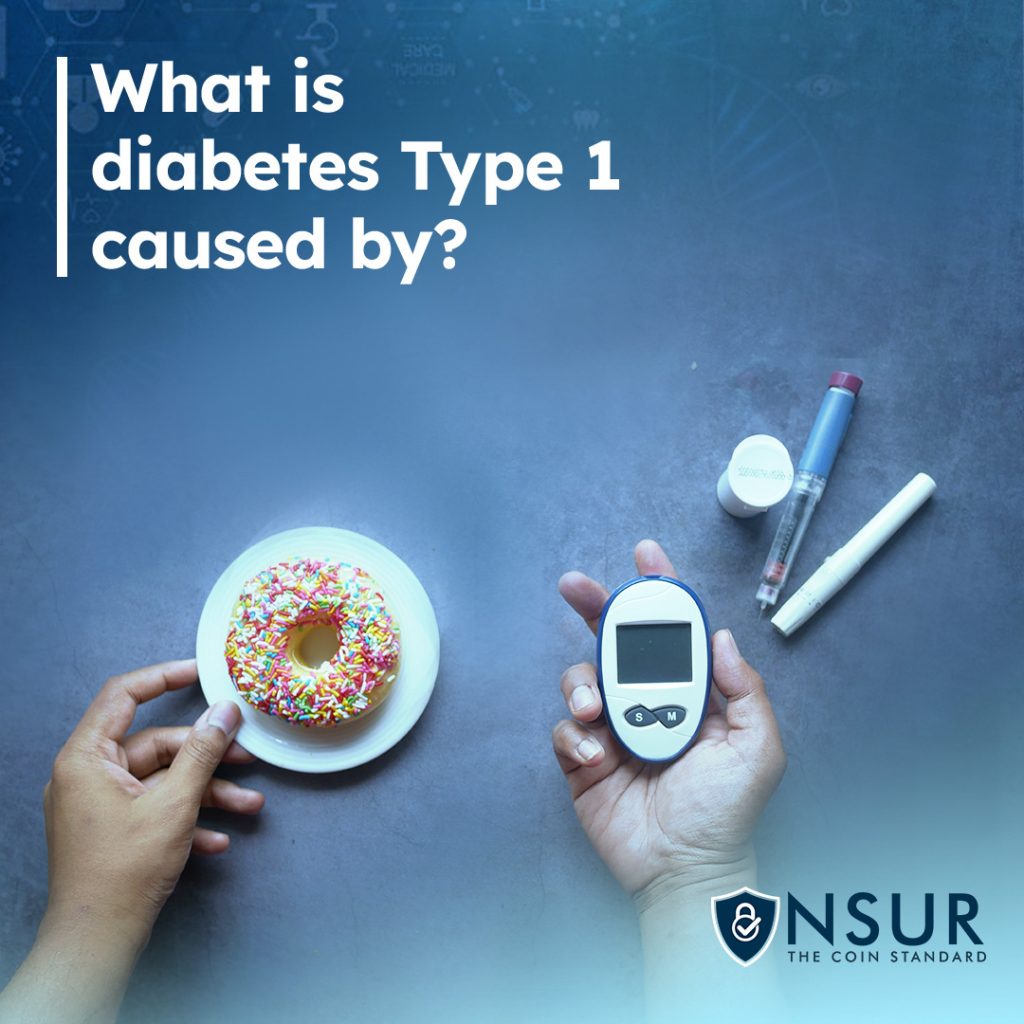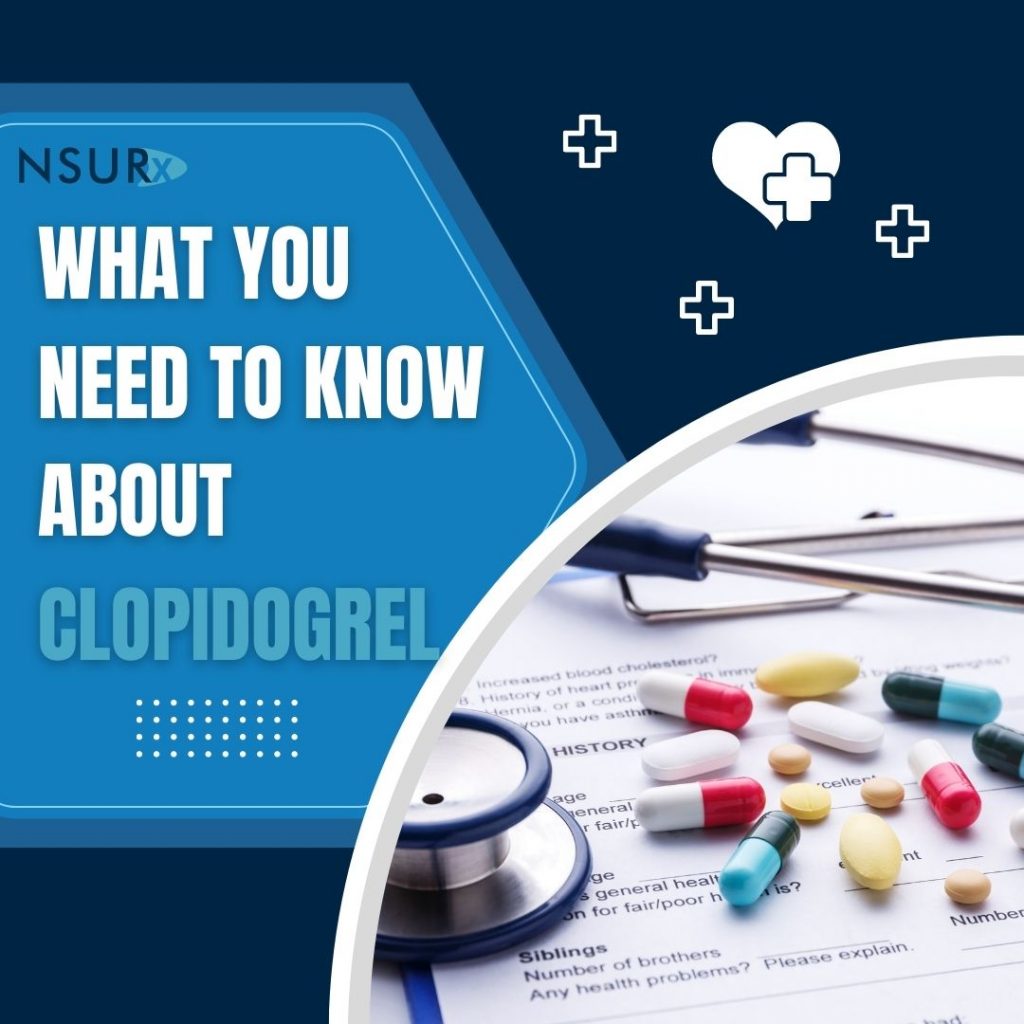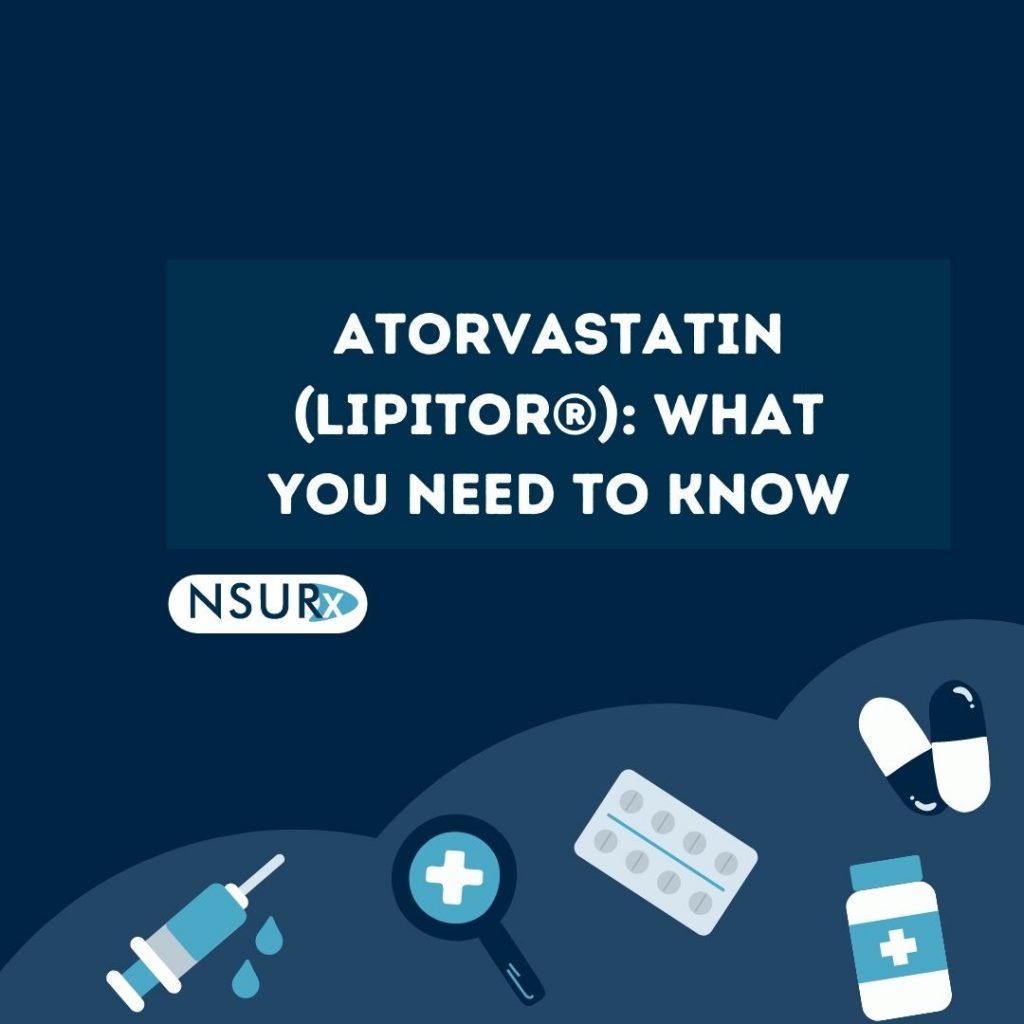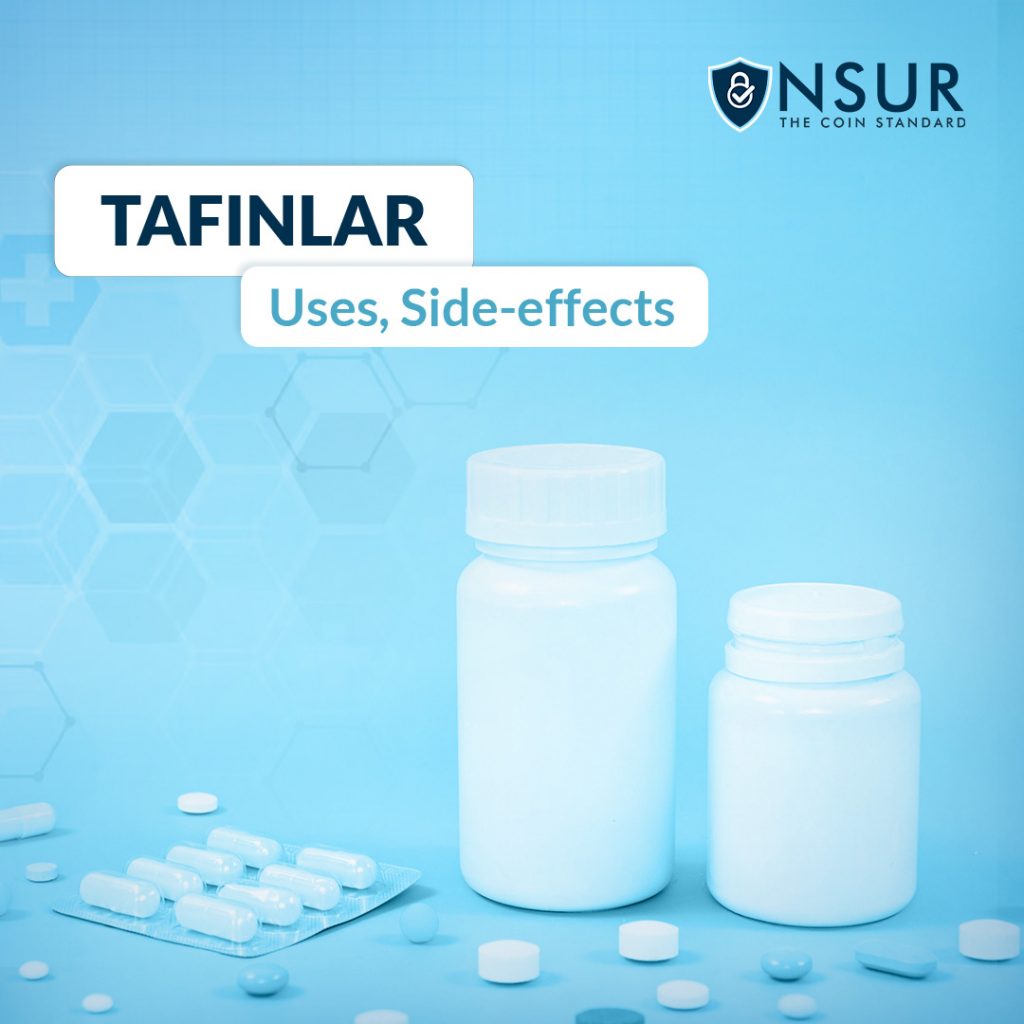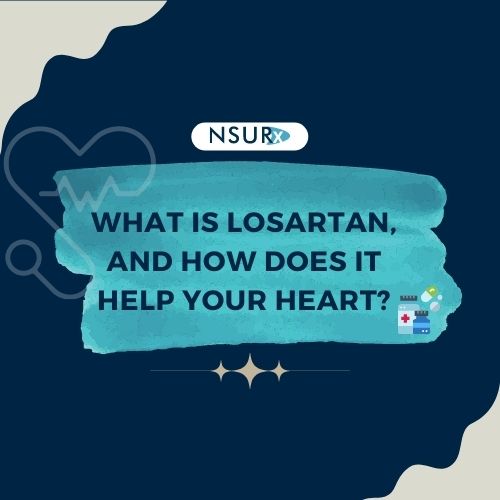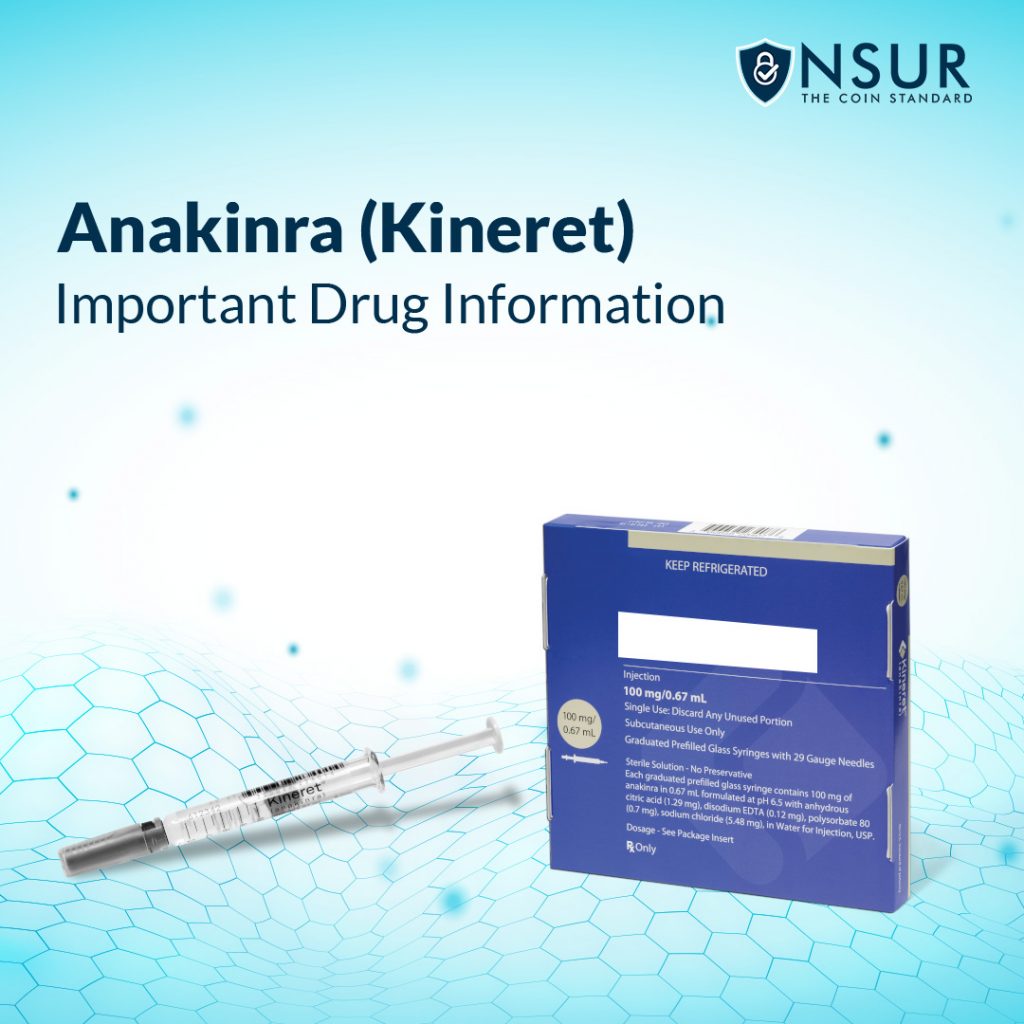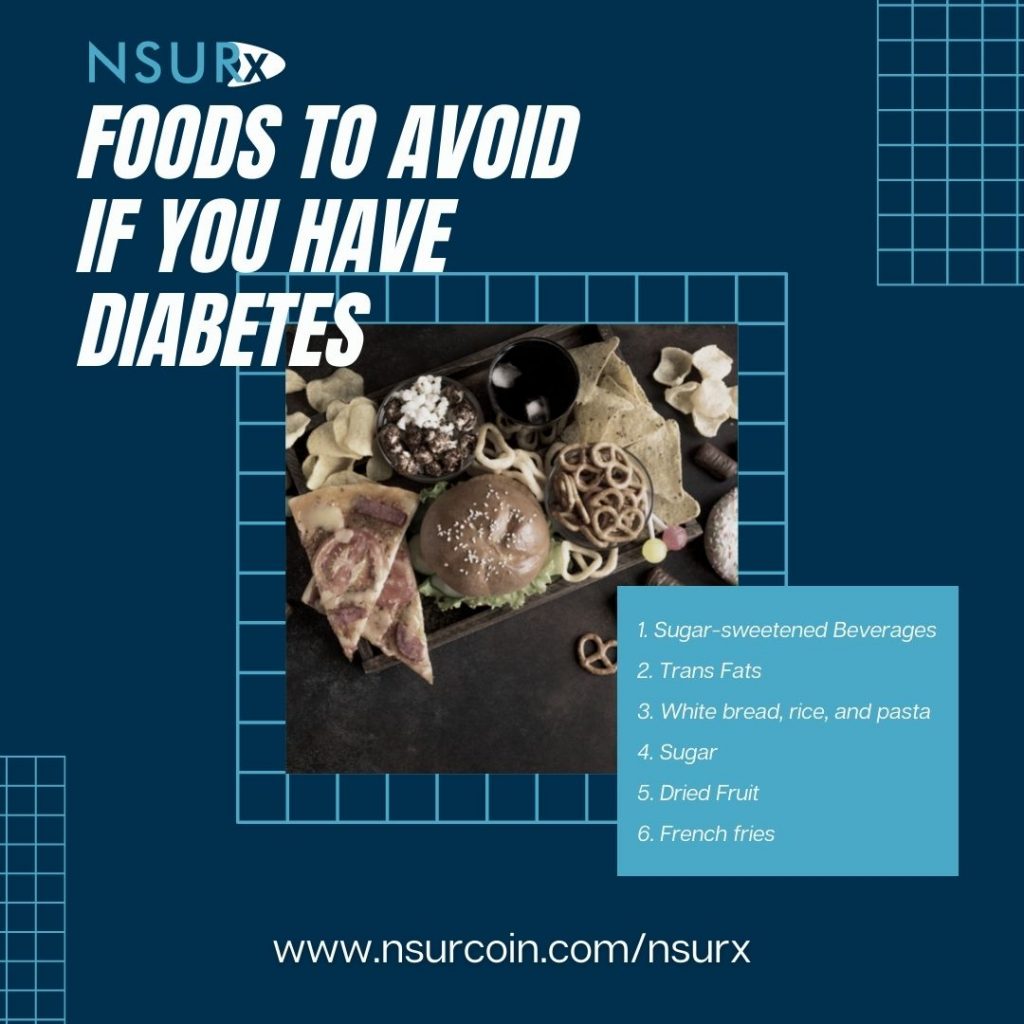
Wondering why you have high sugar levels? Find out the foods you need to avoid here!
Diabetes is a long-term health problem that affects your body’s ability to convert food into energy. It is a chronic condition that has spread around the globe, affecting both adults and children.
When you consume food, sugar is released into your bloodstream. When your blood sugar levels rise, your pancreas releases insulin. Insulin is a key that allows blood sugar to be utilized as energy in your body’s cells.
Diabetes occurs when either insufficient insulin is produced or when the insulin produced is not properly used by the body. When insulin is insufficient or cells stop responding to insulin, too much blood sugar remains in your system.
Diabetes can cause serious health problems over time, such as heart disease, vision loss, and kidney illness.These disorders have also been connected to prediabetes.
What to do if you have diabetes?
If you have diabetes, you should aim to maintain a blood sugar level that is as close to that of a healthy person as feasible. Two key ways you can impact your blood sugar levels are through exercise and nutrition.
Exercise
Active people who have diabetes make their bodies more sensitive to insulin, which helps them keep their diabetes in check. Physical activity also helps you keep your blood sugar levels in check and lowers your risk of heart disease and nerve damage. Plus, it also helps you stay healthy.
Nutrition
When it comes to using your diet to positively impact diabetes, largely activities fall into two categories: eat foods that have a positive impact on blood sugar levels and avoid foods that hurt your blood sugar levels.
Things that are rich in fiber – like beans, veggies, and grains – should be your go-to foods for a diabetes-healthy diet. This is due to the fact that fiber-rich foods regulate blood sugar and keep weight under control. The risk of heart disease and some types of cancer can be reduced as a result of it.
Conversely, certain meals can elevate blood sugar and insulin levels, as well as induce inflammation, thereby increasing diabetes disease risk.
What are the foods to avoid if you are worried about diabetes?
If you want to keep your blood sugar levels stable and limit the risk of diabetes complications, it is important to consume a low-carb diet.
As a result, the meals and beverages listed below should be avoided.
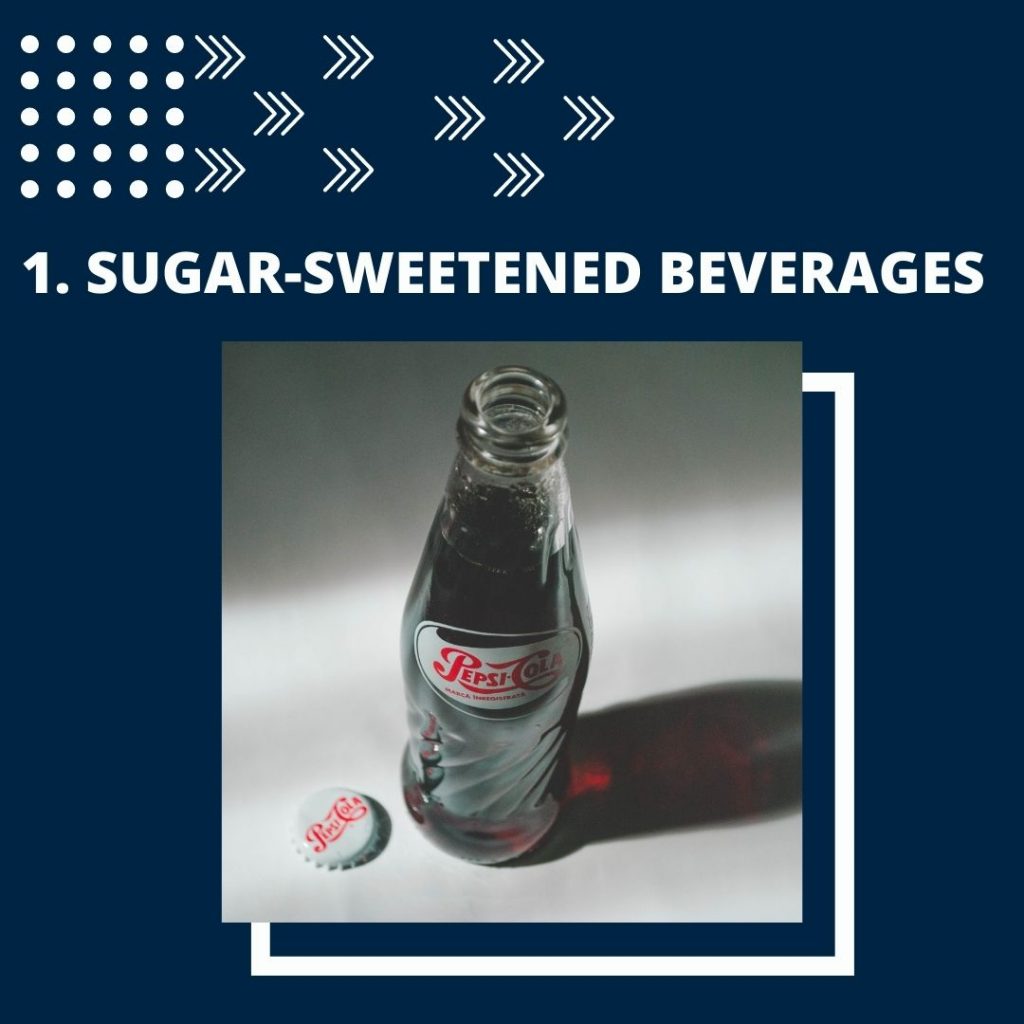
1. Sugar-sweetened beverages
Sugary drinks are the worst option for diabetics.
A 12-ounce (354-mL) can of cola contains 38.5 grams of carbohydrates. Sweetened iced tea and lemonade both contain about 45 grams of sugar-based carbohydrates in the same serving size.
In addition, these drinks are loaded with fructose, which is strongly linked to insulin resistance and diabetes.
Indeed, studies suggest that consuming sugar-sweetened beverages may increase the risk of diabetes-related conditions like fatty liver disease.
What’s more, the high fructose levels in sugary drinks may lead to metabolic changes that promote belly fat and potentially harmful cholesterol and triglyceride levels.
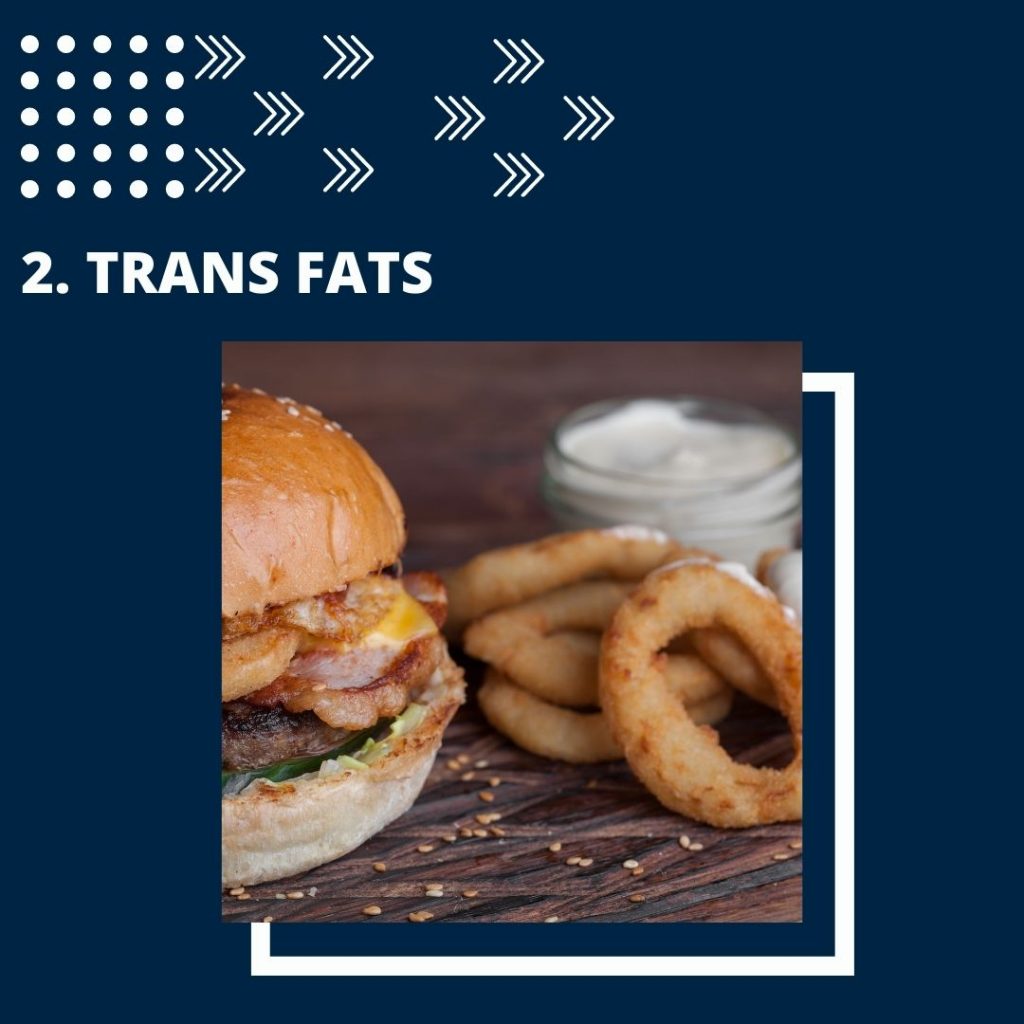
2. Trans fats
Trans fats made artificially are particularly harmful. They’re made by stabilizing unsaturated fatty acids with hydrogen.
Margarine, peanut butter, spreads, creamers, and frozen dinners all include trans fats. Additionally, food makers often include them in crackers, muffins, and other baked goods in order to lengthen the shelf life of the product.
Many studies have found a link between trans fats and an increased risk of cardiovascular disease, as well as a decrease in HDL (good) cholesterol and a decrease in arterial function.

3. White bread, rice, and pasta
Carbohydrates are found in white flour products like bread, rice, pasta, and other grains.
Many studies have demonstrated an increase in blood sugar levels in persons with type 1 or type 2 diabetes who consume bread and bagels.
This reaction isn’t limited to refined white flour-based items. Researchers found that rice-based gluten-free pasta had the greatest influence on blood sugar levels in one research.
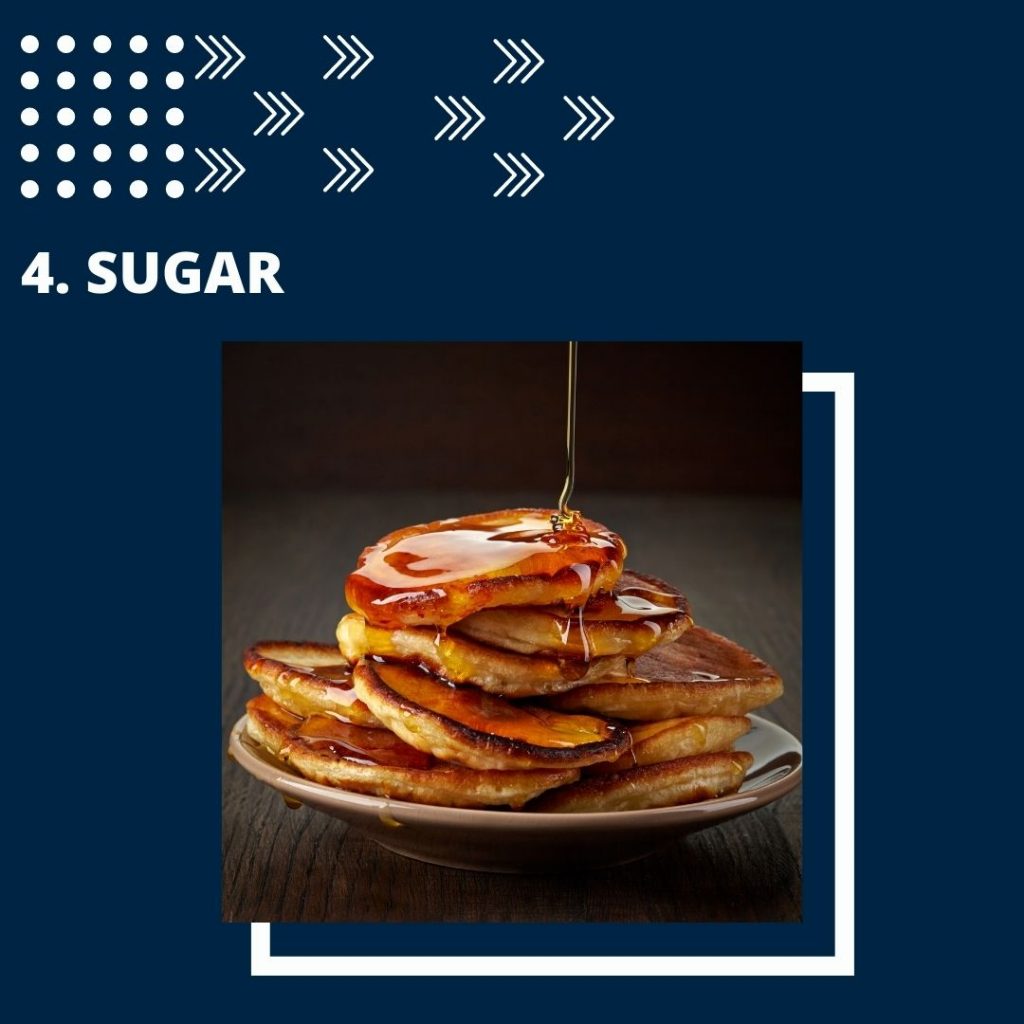
4. Sugar
White table sugar and sweets like candies, cookies, and pie are generally restricted in the diets of diabetics.
In addition, other kinds of sugar, such as honey, can raise blood sugar levels, as well. Some examples of these “natural” sugars include agave nectar and honey.
White sugar has a lot more carbs than these sweeteners, even if they aren’t processed at all. Most, in fact, have much more.
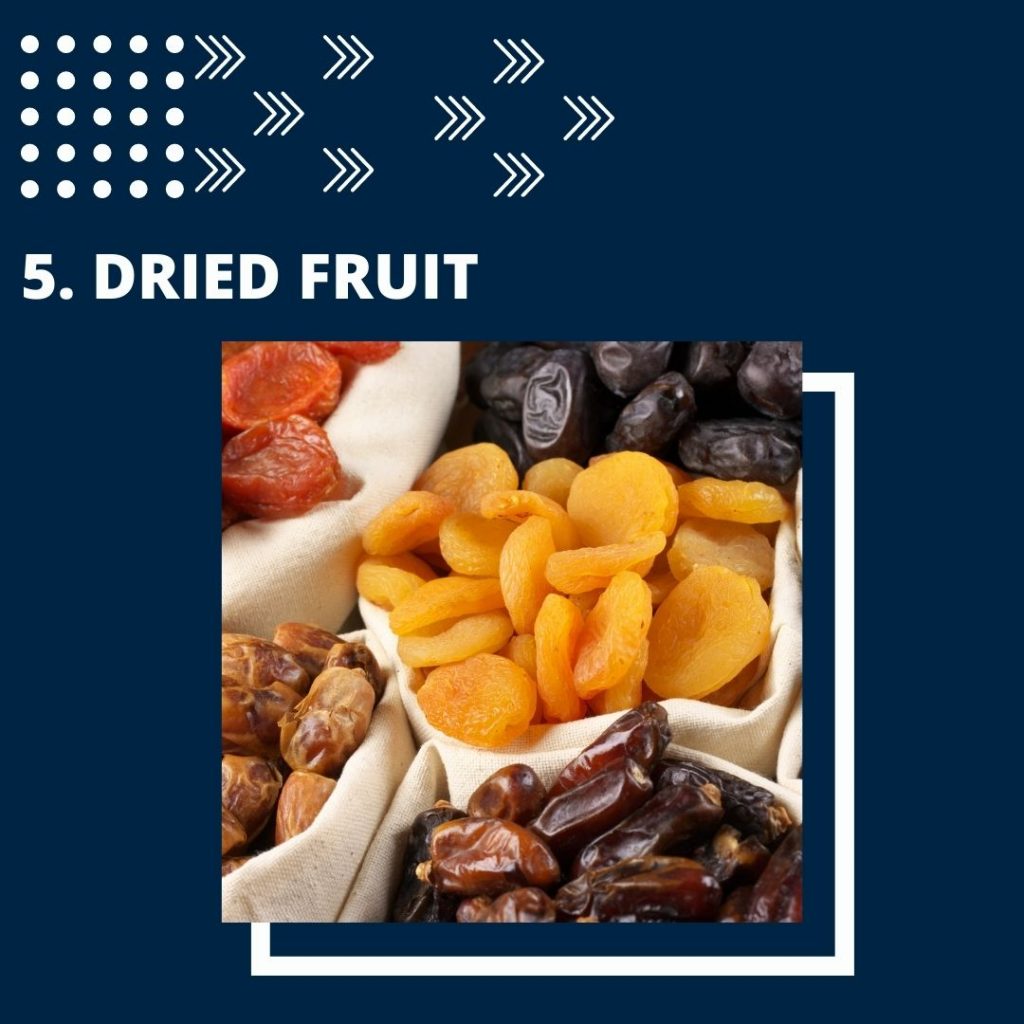
5. Dried fruit
Fruit is a good source of various vitamins and minerals, including vitamin C and potassium. But when the fruit is dried, it loses water, increasing the concentration of these nutrients even further. Its sugar content, on the other hand, gets more concentrated.
You don’t have to give up fruit if you have diabetes. Low-sugar foods like fresh berries or an apple can provide health advantages while keeping your blood sugar within the ideal range.
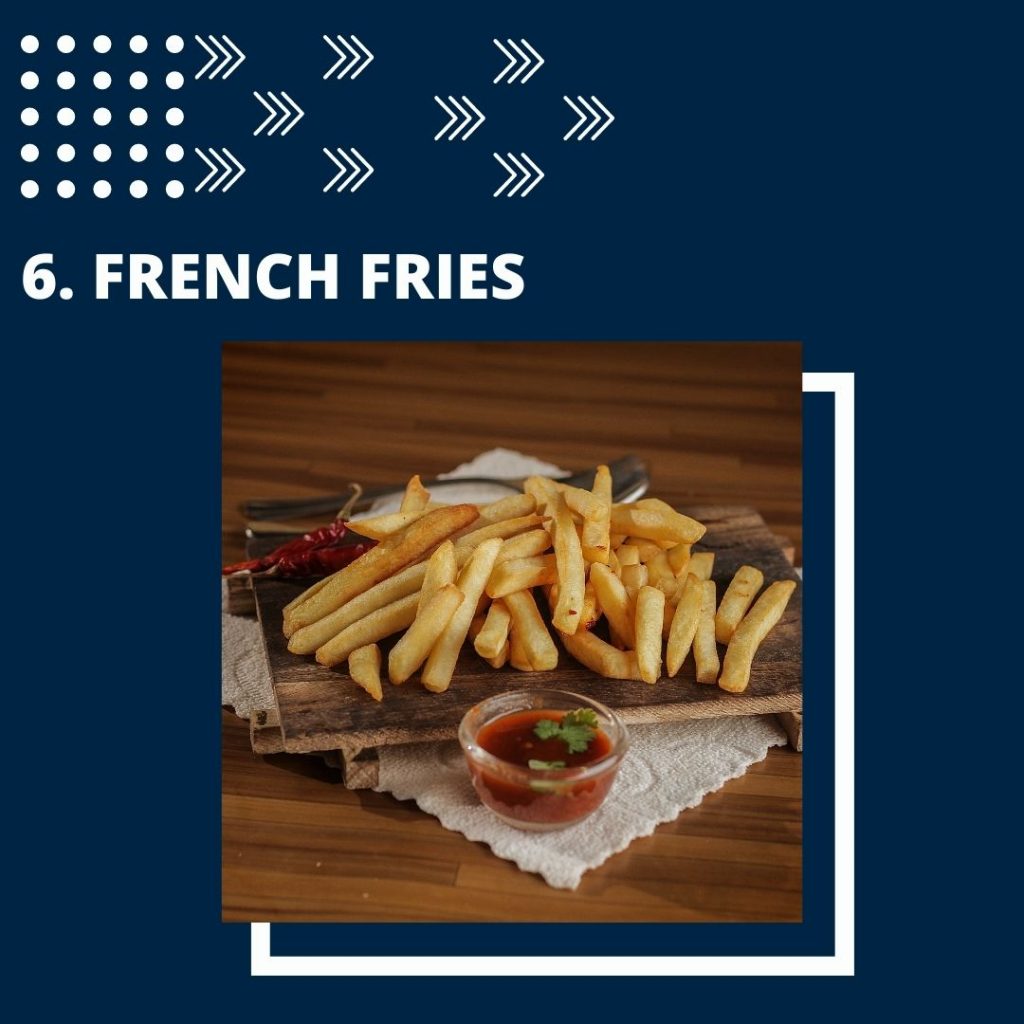
6. French fries
People with diabetes may want to steer clear of french fries, which are high in calories and fat.
The carbohydrate content of potatoes is on the high side. Carbohydrates in a medium potato are 34.8 grams, with 2.4 grams of fiber. However, potatoes may do more than just raise your blood sugar levels once they’ve been peeled and cooked in vegetable oil.
Toxic compounds, such as advanced glycation end products (AGEs) and aldehydes, have been found in deep-fried foods. Because these substances may cause inflammation and raise the risk of disease, they should be avoided at all costs.
NSURx saves you money while giving you crypto rewards
If a healthy diet is not enough to keep diabetes in check, you may want to consult your doctor on some drugs you can take if you have diabetes.
However, diabetes medications can cost anywhere from $4 to $720 – or more! – in out-of-pocket expenses. To help you save money on diabetes medications, NSUR is offering NSURx, a prescription discount card.
Using NSURx at more than 35,000 pharmacies that accept our service, including Walgreens, CVS, and Walmart, can significantly reduce prescription costs. It is possible to save up to 80% on your medications using NSURx.
Moreover, when you use your NSURx card to save money on prescriptions, you are also earning crypto rewards in the form of NSUR Coin!
These tokens will be loaded into your NSUR account, and you can then use them to purchase health and wellness goods and services in our marketplace. Supplements, COVID tests, prescriptions, doctor appointments…it is amazing all the things you can buy with NSUR Coin.



